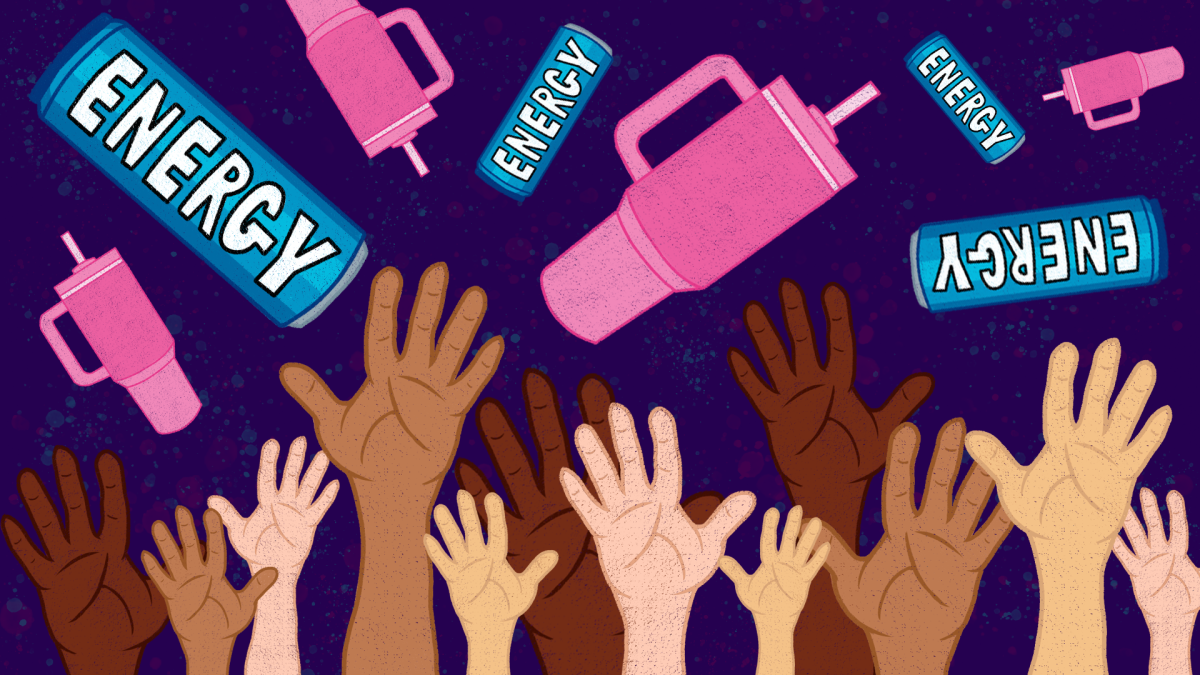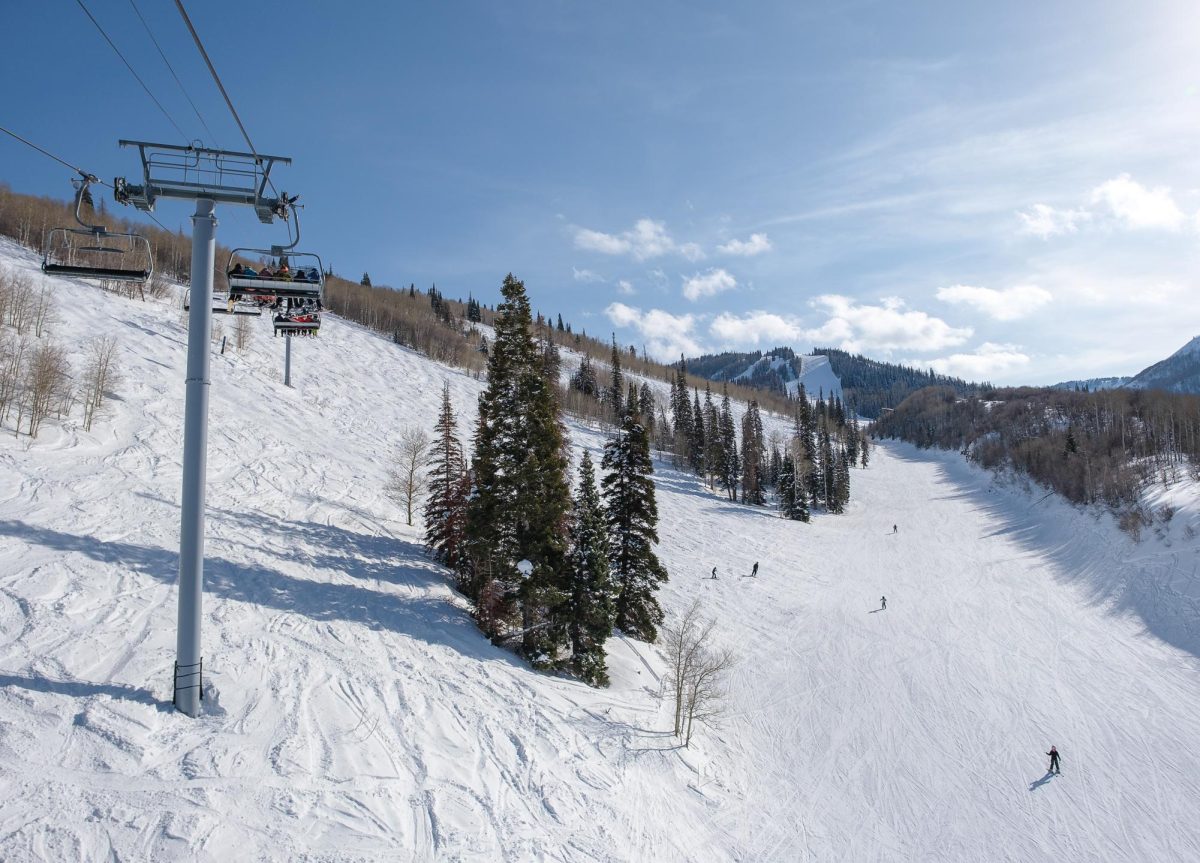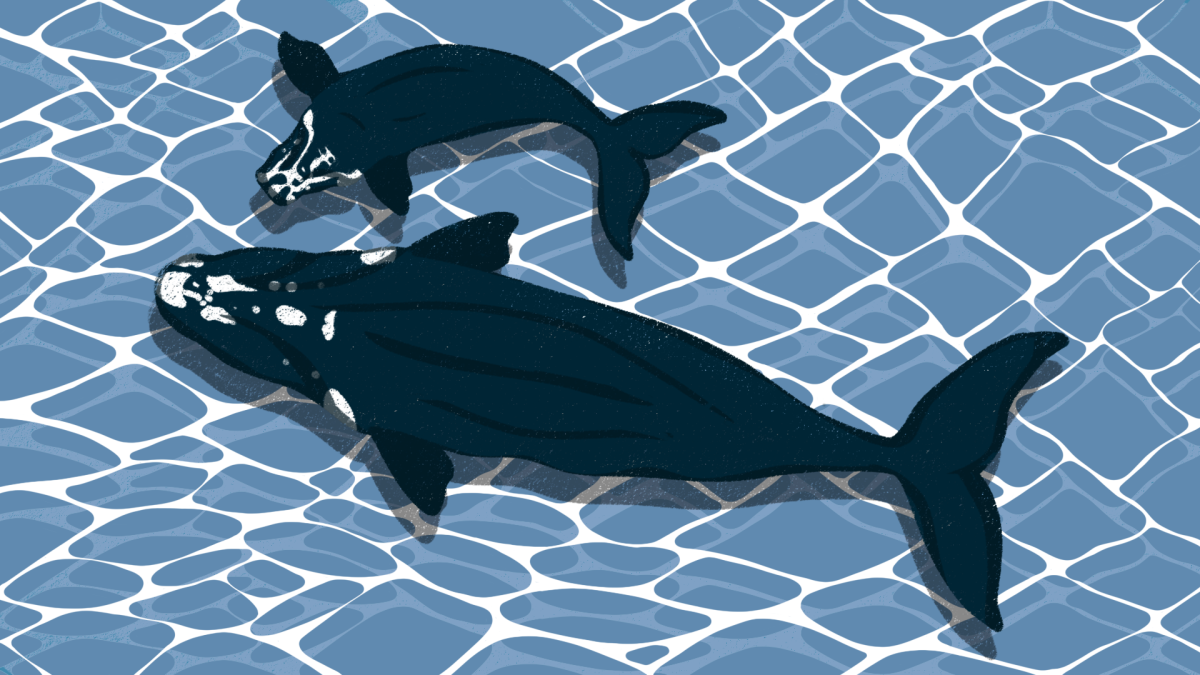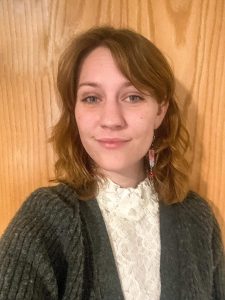Emily Dickinson wrote, “‘Hope’ is the thing with feathers / That perches in the soul / And sings the tune without the words / And never stops at all.” This quote has recently perched in my own soul, especially regarding environmental justice.
There are many reasons to feel anguish these days. The climate crisis looms as an increasingly present and daunting threat, while online polarization and harmful political policies make change seem unattainable. Hope sometimes feels futile. That “… sore must be the storm / That could abash the little Bird / That kept so many warm,” as Dickinson said.
However, there’s much to feel hopeful about. As the poem states, hope “never stops at all,” and we must keep it alive to move the environmental movement forward together.
Right Whales
This summer, I saw southern right whales along the coast of Peninsula Valdes, Argentina. It was my first time seeing right whales, or any wild whales. A group of four or five came right up to our whale-watching boat. Their massive, 50-ton forms swam under and around us, lazily moving through the waves. They came so close, I swear I could have touched them. They seemed curious, unworried by our presence as the tops of their mouths peeked above the surface. However, this ease wasn’t always the case.
By the late 19th century, whalers hunted northern and southern right whales nearly to extinction. They targeted these whales due to their large sizes, slow swimming, tendency to float when harpooned and rich amounts of blubber and baleen. Their name even comes from the fact whalers saw them as the right whale to kill.
Thankfully, the League of Nations — the first intergovernmental organization for world peace — banned the hunting of right whales in all oceans in 1935. Now the southern right whale populations have started to recover. The International Union for Conservation of Nature listed southern right whales as “least concern” on their Red List of Threatened Species in 2017. Because of this unity and effort, I was able to see the southern right whales so up close this summer.
Climate Anxiety
Fear over the climate crisis and environmental harm is a real emotion that stems from real concerns. Climate change has led to more droughts, wildfires and extreme rainfall around the world. It caused glaciers to shrink, animal ranges to change and plants to bloom earlier than they’re supposed to. Every day we face species reaching the brink of extinction. For instance, although some southern right whale populations have recovered, others are still critically endangered, while the northern right whale has less than 360 individuals left.
The whalers’ focus on their perceived right to kill and plunder, rather than on sustainability, is the same colonialist and Europe-specific industrial attitude that brought about climate change. This attitude continues to produce inequality and still disproportionately affects marginalized communities and countries that were colonized.
Although environmental destruction creates justifiable worries, severe anxiety over the climate crisis has its own dangers. Climate anxiety is prevalent in white demographics and has led to instances of xenophobia and racism. After all the damage climate change and environmental injustice have caused, our responses shouldn’t cause more harm and hopelessness.
Reasons for Hope
An article for Greenpeace, a global campaigning network, wrote, “Hope is a natural resource too.” Organizations like Greenpeace and the World Wildlife Fund show the importance of hope through their environmental action work.
The University of Michigan also wrote about the reasons to have climate change hope including that people are much more aware of climate and environmental issues. The article highlighted public opinion research finding showing that less than 10% of Americans dismiss climate change. It’s clear people care — they just need a path leading forward.
Our previous environmental wins can give us the hope we need to walk this path, unified. One instance of environmental action shows how powerful we are when we rally together. In 1985, scientists discovered a hole in the ozone layer above Antarctica. The ozone layer is Earth’s shield against the sun’s harmful UV radiation. The news came after years of warnings that certain chemicals in household aerosols were harming the atmosphere. That same year, governments adopted the Vienna Convention for the Protection of the Ozone Layer, which became the framework for the Montreal Protocol. The Protocol went into effect in 1989. By 2008, it was the first environmental agreement to be ratified by every country in the world. Now nearly all ozone-depleting substances have been phased out of markets, and the hole in the sky is beginning to heal.
Moving Forward
For me, hope wasn’t the thing with feathers, but the thing with fins. While watching the whales, I saw a generation of creatures safer from harm than before. They were whales that didn’t know whale-hunting and came up to boats ready to swim amongst them.
There’s still work to be done to save all the right whales and stop climate change, but there’s also hope. Hope truly does, “Sing the tune without the words / And never stops at all.” Together, and with hope in our hearts, we must progress forward and make change for good. To find current environmental work, check out Greenpeace and the World Wildlife Fund.




















Alexander Jolley • Aug 31, 2023 at 10:41 am
A good message about focusing on the good things, so that we have more drive to make change when it is needed.